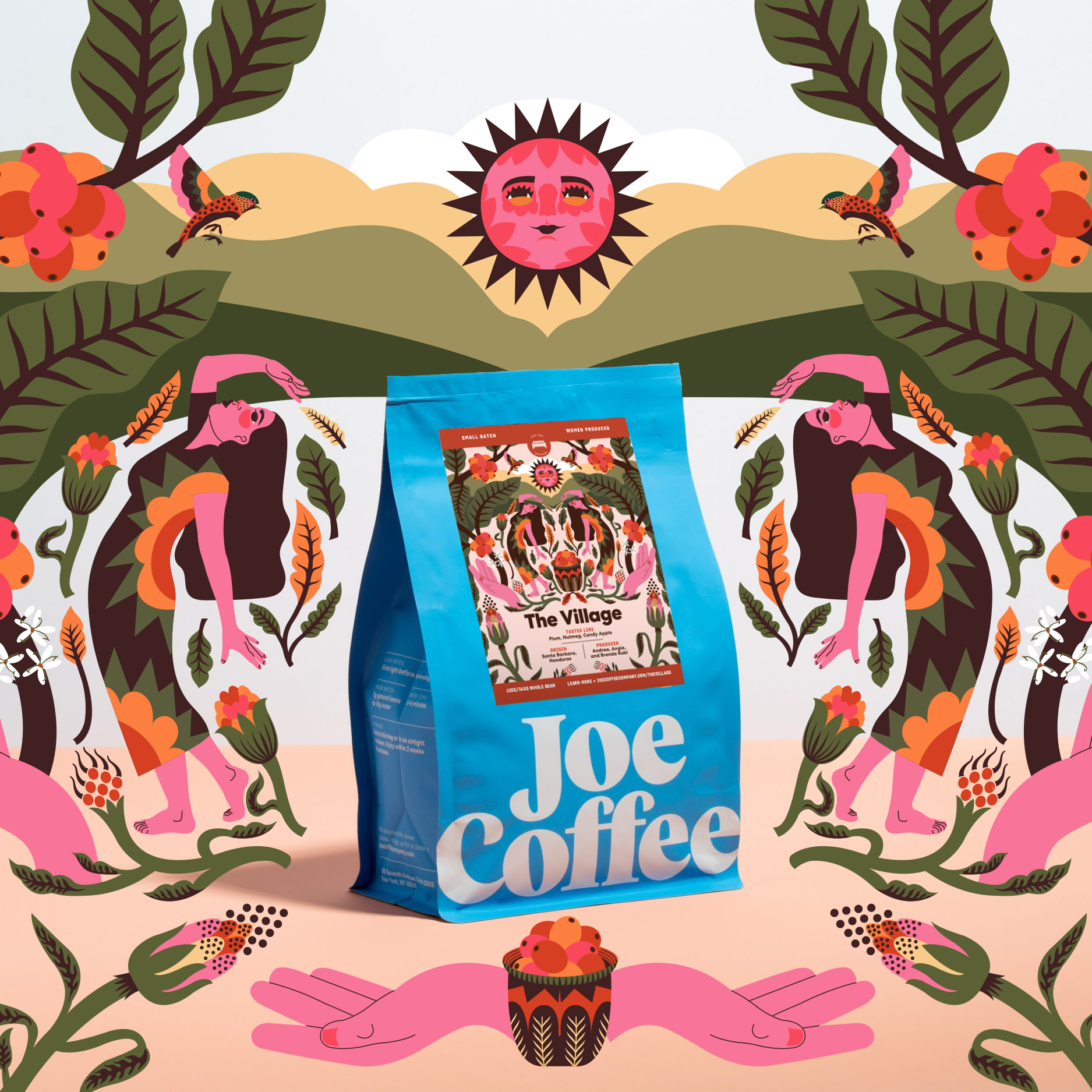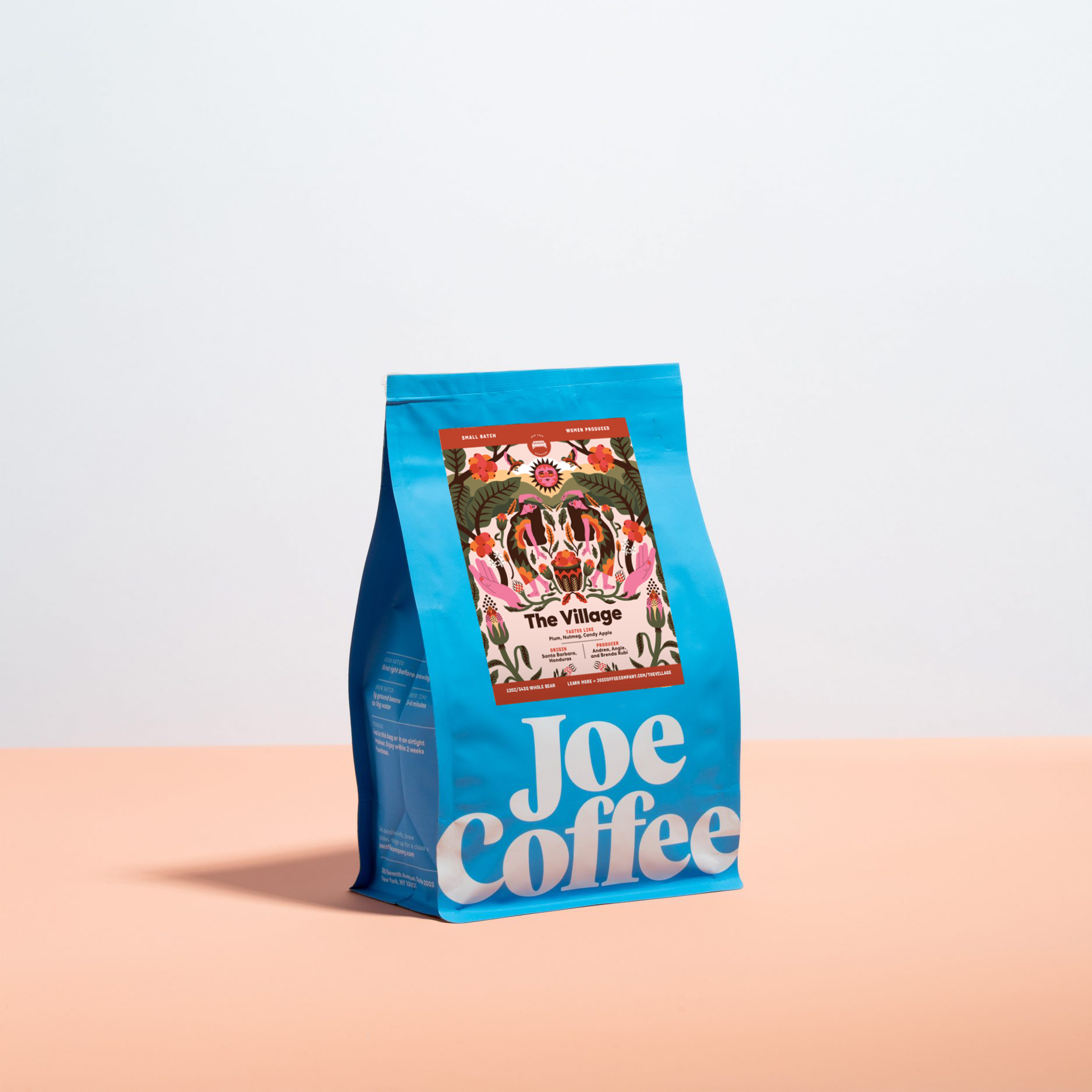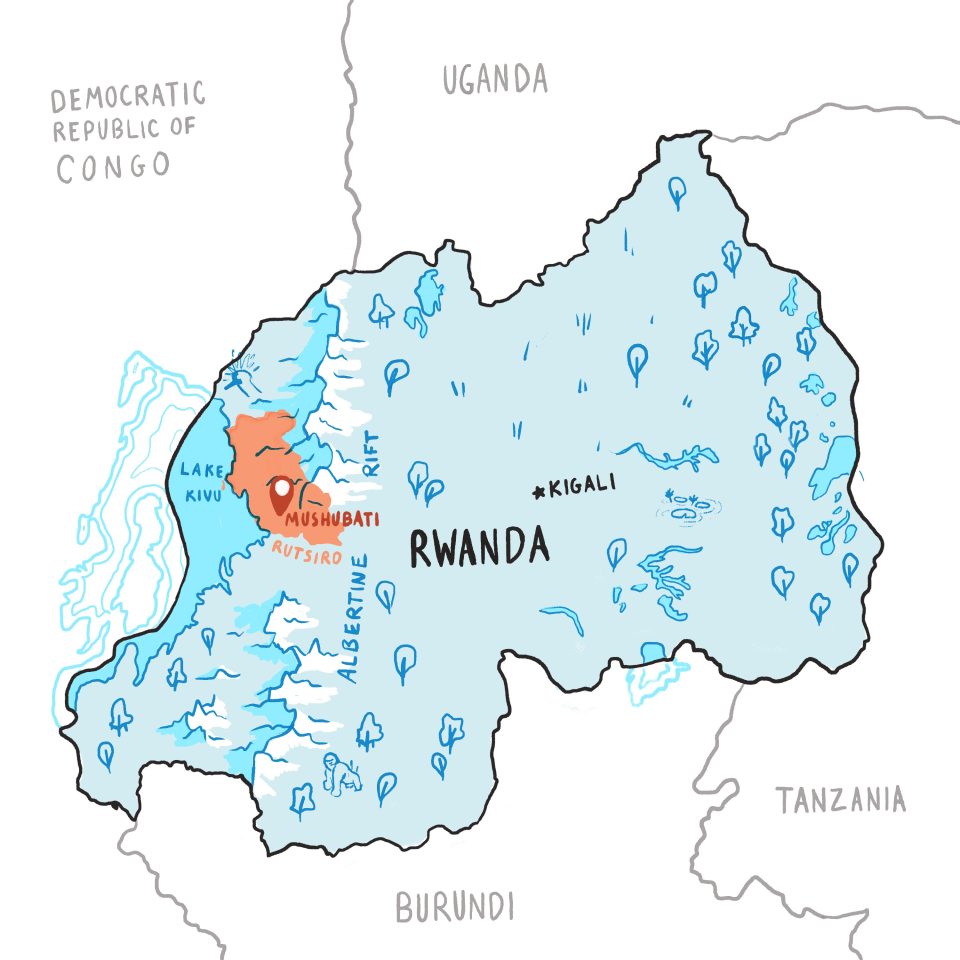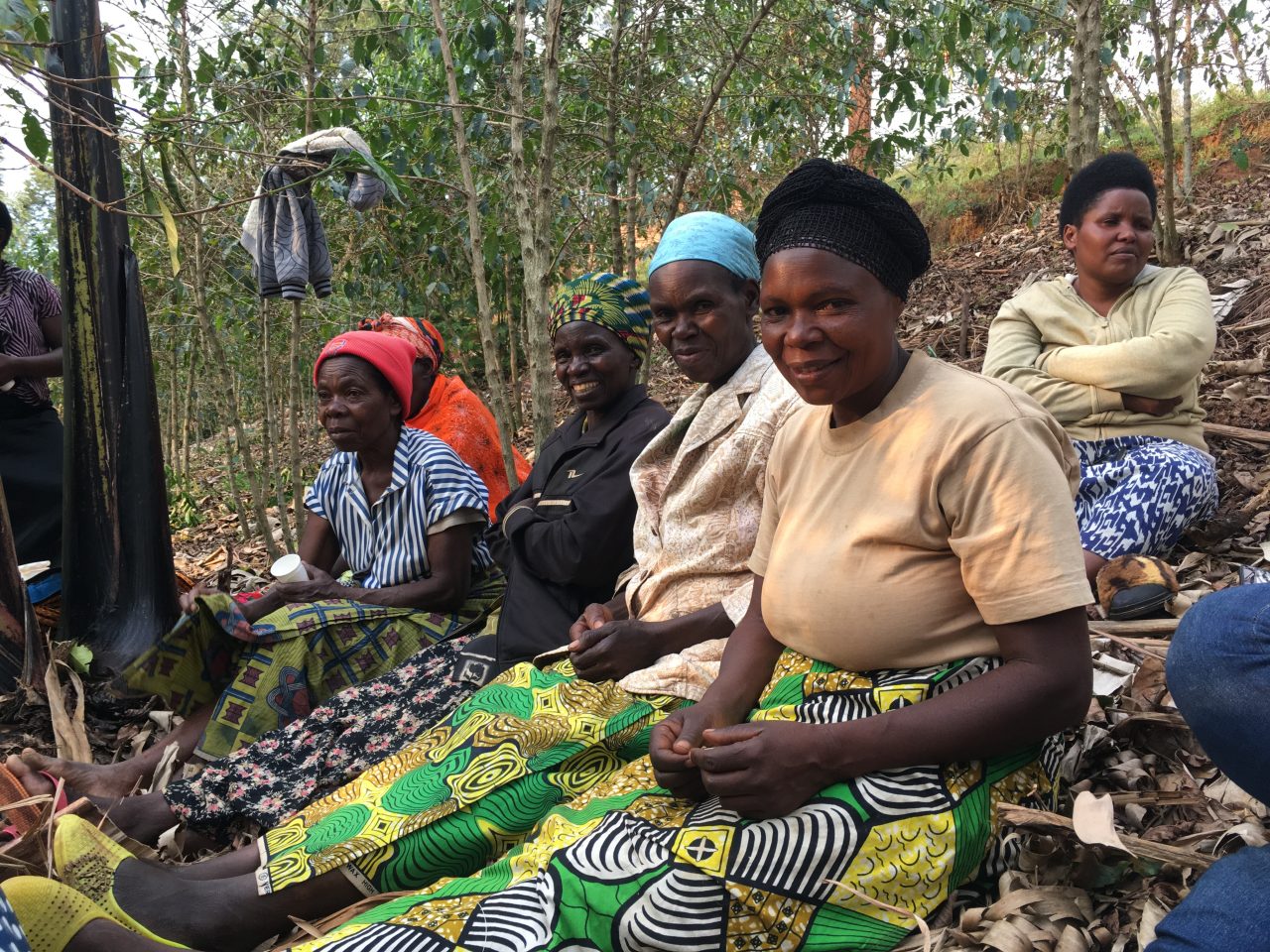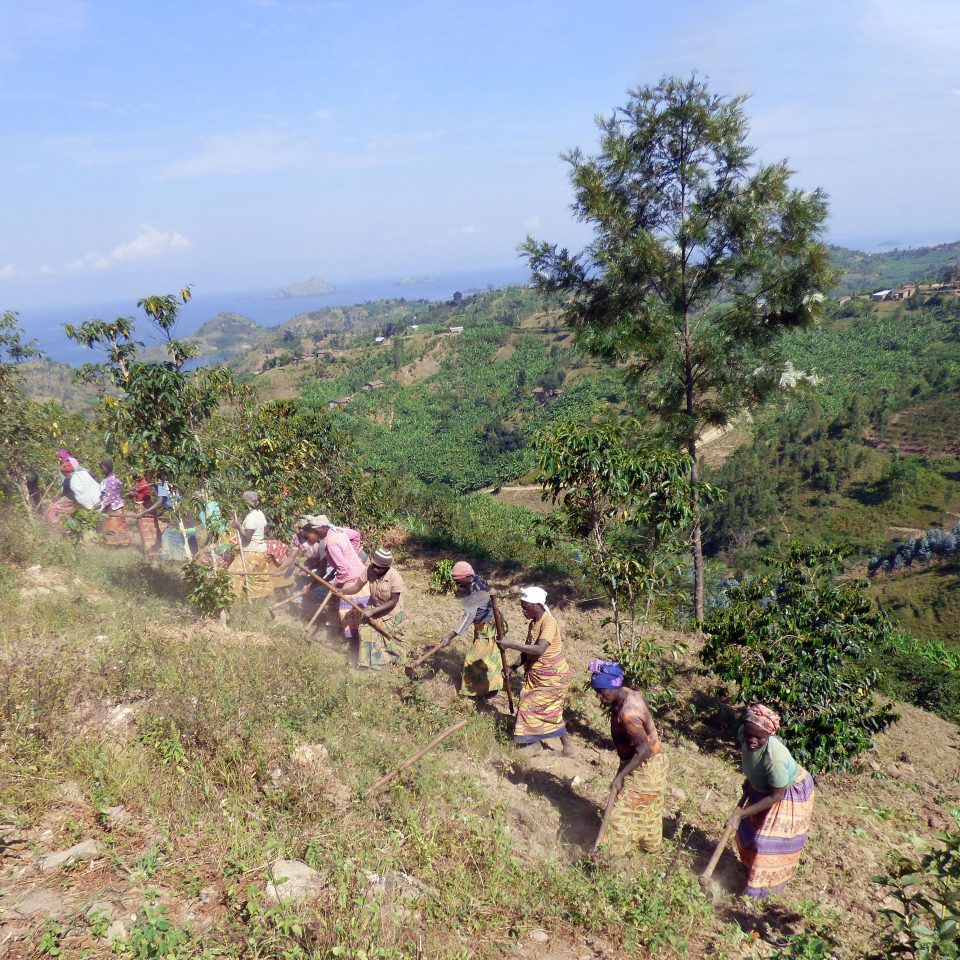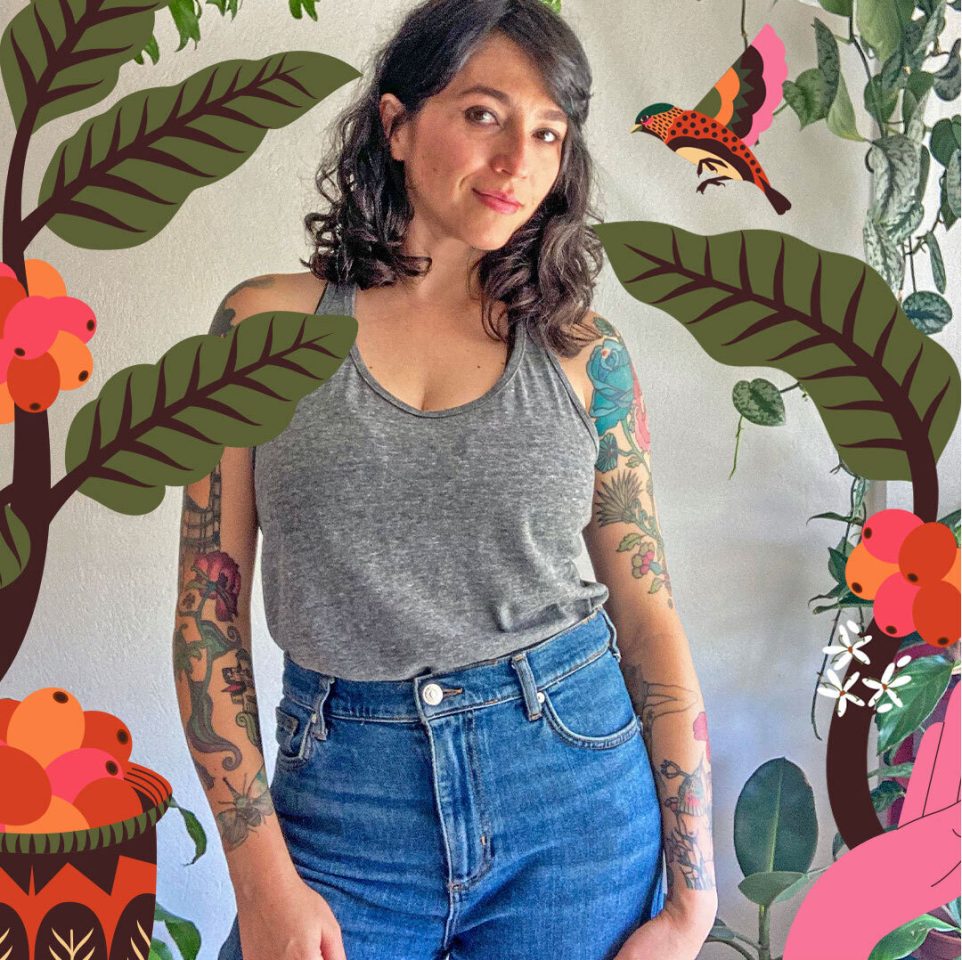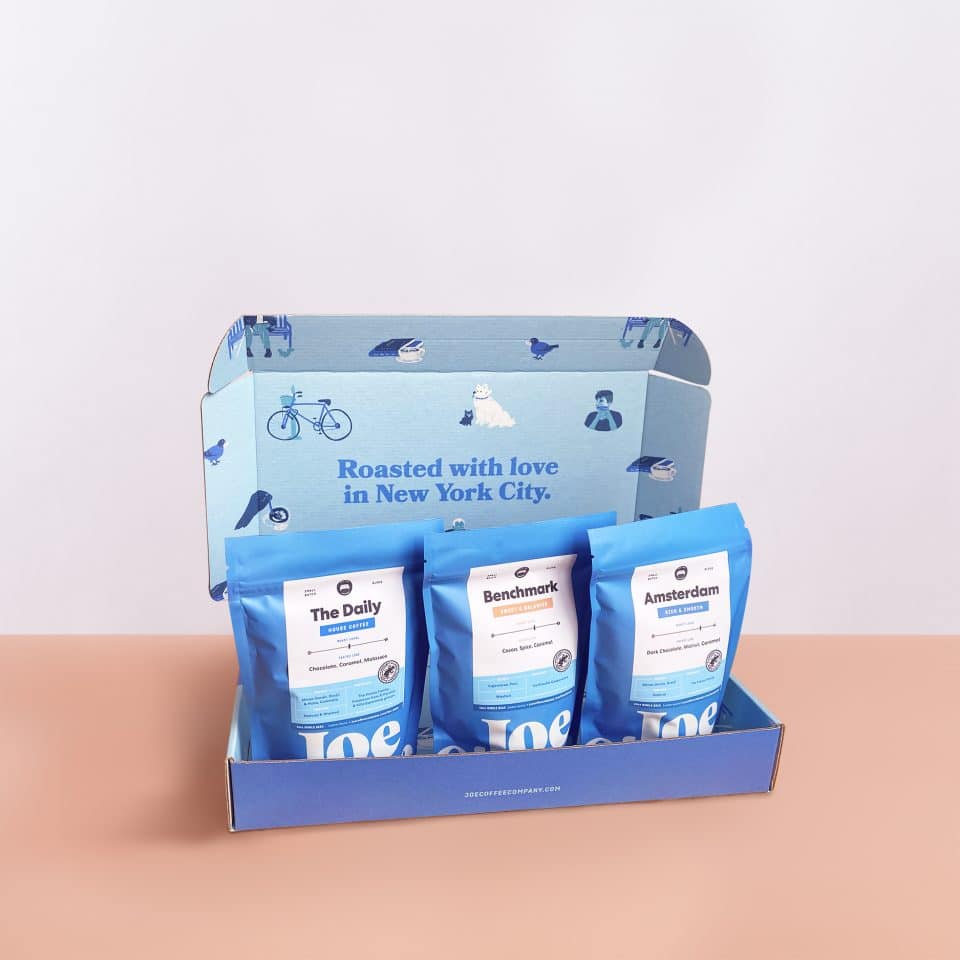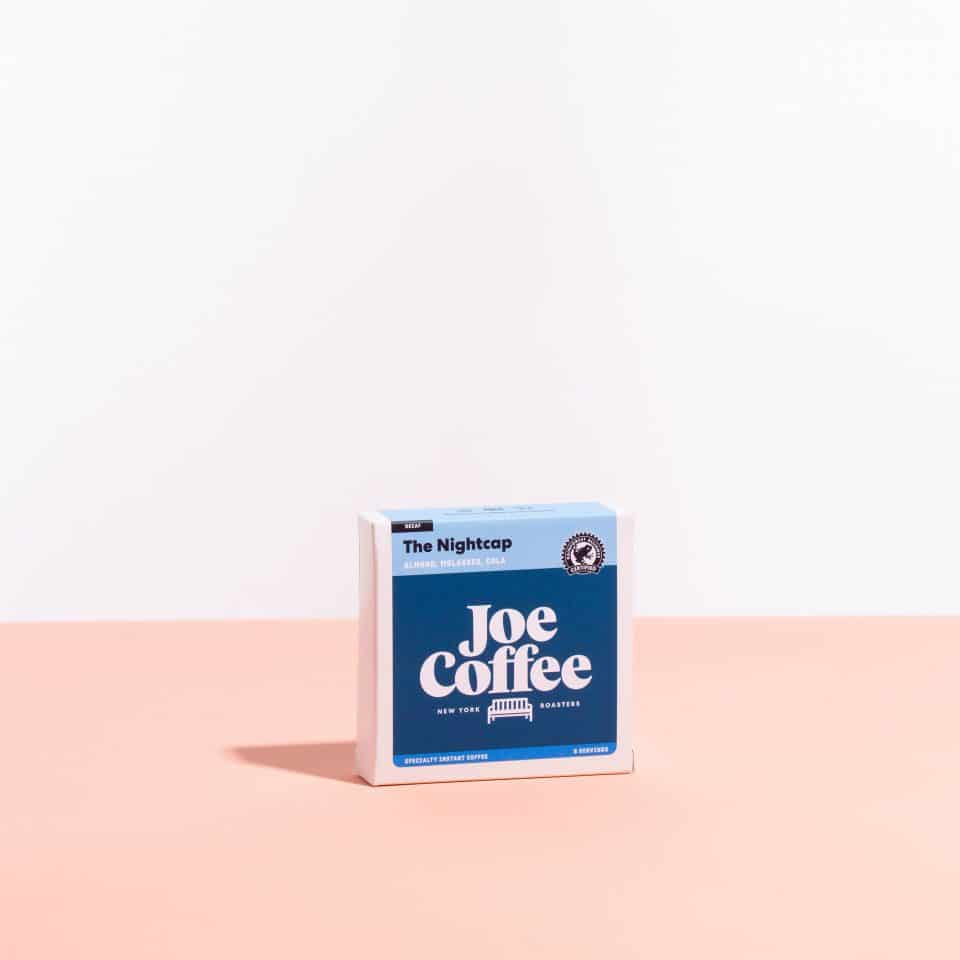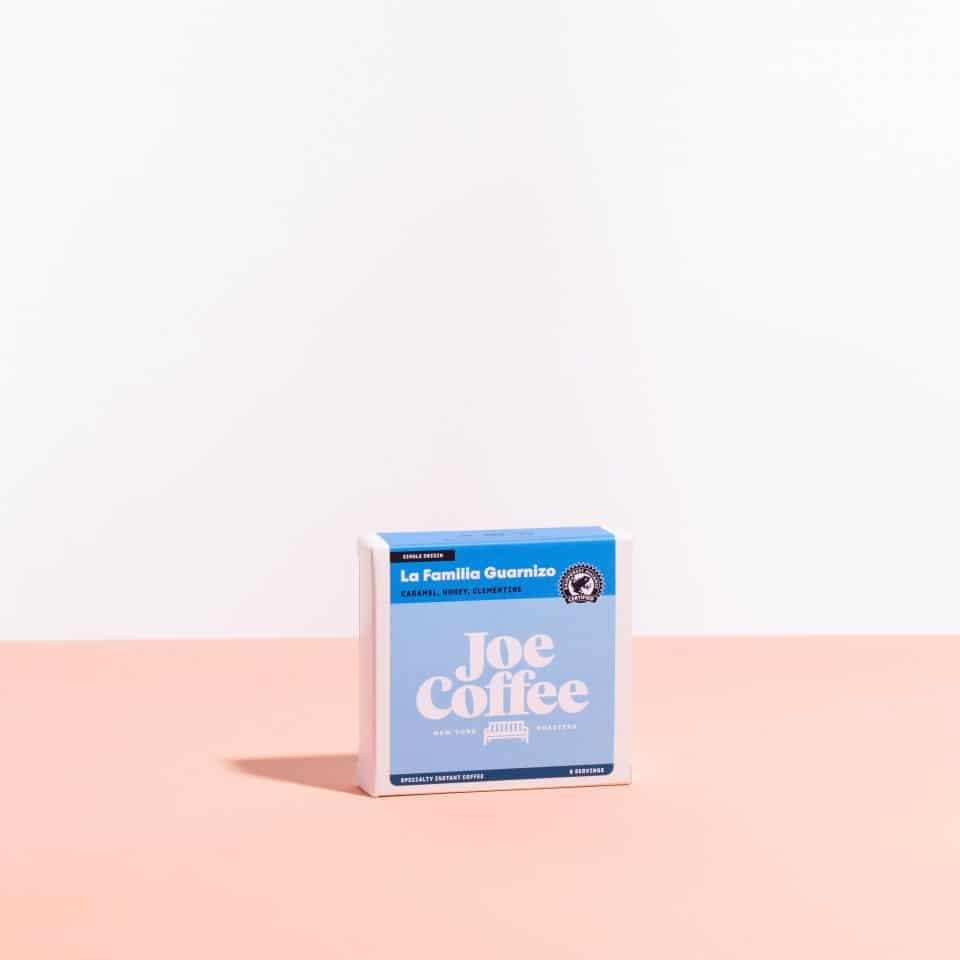The Village
$23.00
white grape, bergamot, brown sugar
When it comes to producing exceptional coffee, it truly takes a village. Women are a tremendously influential part of the global coffee community, making up 70% of the labor in field work and harvesting—detail-oriented roles which ultimately translate to excellence in the cup. However, women face steep challenges when it comes to equitable access to career growth, land, education, and credit, representing just 20-30% of farm ownership.
The Village is a celebration of women in coffee, composed of seasonally-rotating selections from valued relationships with female producers and cooperatives, aimed at highlighting and addressing this gender gap. According to strong research, investing in women increases the sustainability of coffee everywhere—women are more likely to reinvest their income back into their families, their coffee businesses, and their communities. And when access to decision-making and the
Currently, The Village features the Ejo Heza women’s cooperative in Rwanda’s Western Province, a subset of the larger Kopakama Cooperative, which was founded in the years following the Rwandan genocide. This coffee presents a wonderfully complex tasting experience, with layered acidity and lots of brown sugar sweetness and viscosity from start to finish. The flavors shift as the cup cools, with soft florals such as apple blossom and bergamot, that evolve into vibrant, juicier fruits like white grape, fresh apricot, and yellow peach. It’s a lively and pleasant coffee, with many facets to enjoy each time it’s brewed.
-
Type
Single Origin -
Origin
Mushubati, Rutsiro District, Rwanda -
Producer
Ejo Heza, Kopakama Cooperative -
Variety
Bourbon -
Elevation
1,600–2,000 MASL -
Process
Washed & Natural
Meet the Women of Ejo Heza
Ejo Heza, which means "Bright Tomorrow" in Kinyarwanda, is a 400-member women's cooperative, formed in 2011 with full support from the greater Kopakama co-op. The women of Ejo Heza manage a communal plot of coffee trees, as well as their own family plots. Through Kopakama's agronomy support, the farmers are constantly experimenting with and improving upon the quality and sustainability of their coffee farms.
It Takes a Village
Kopakama’s goals to bring people together for a common good—rebuilding and creating a healthy industry—led them to see the value in creating a sub-group to allow the women in the community a place to thrive. Through the founding of the Ejo Heza group in 2011, Kopakama has become a leader in their community when it comes to social and gender equity. The women of Ejo Heza have come together in many remarkable ways. Their collective efforts to truly benefit each other and their community within a larger cooperative and the unique history of the country have allowed the topic of gender equity to become more widespread within the sector. In 2016, Ejo Heza was able to found a microcredit savings and lending group to help member farmers continue to thrive. Every year, Ruth Ann Church, founder of Artisan Coffee Imports, meets with members to assess the impact of the premiums they receive for these micro-lots and how the group is sharing those benefits.
Meet the Artist Behind The Village
As a product that features seasonally rotating coffees from valued relationships with female producers, we hoped to reflect the diversity of stories and perspectives as well as origins in the label artwork. To do so, we had the privilege of working with the incredible Costa Rica-based illustrator, Erica Zeledón Salazar to bring the concept to life. We were drawn to her use of vibrant colors and texture, as well as how she uses symbolic elements to connect her ideas to the natural world.
We had a chance to speak to Erica about what inspires her work, and specifically the design for The Village.
